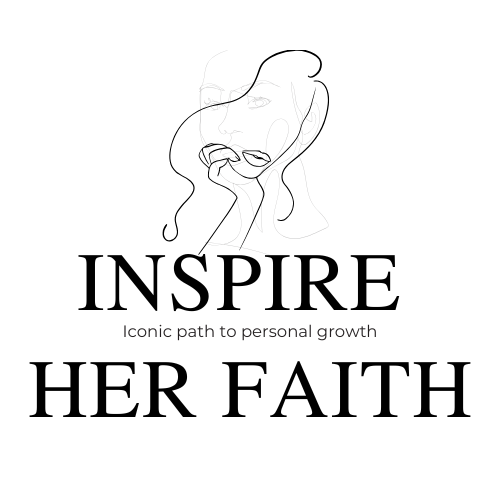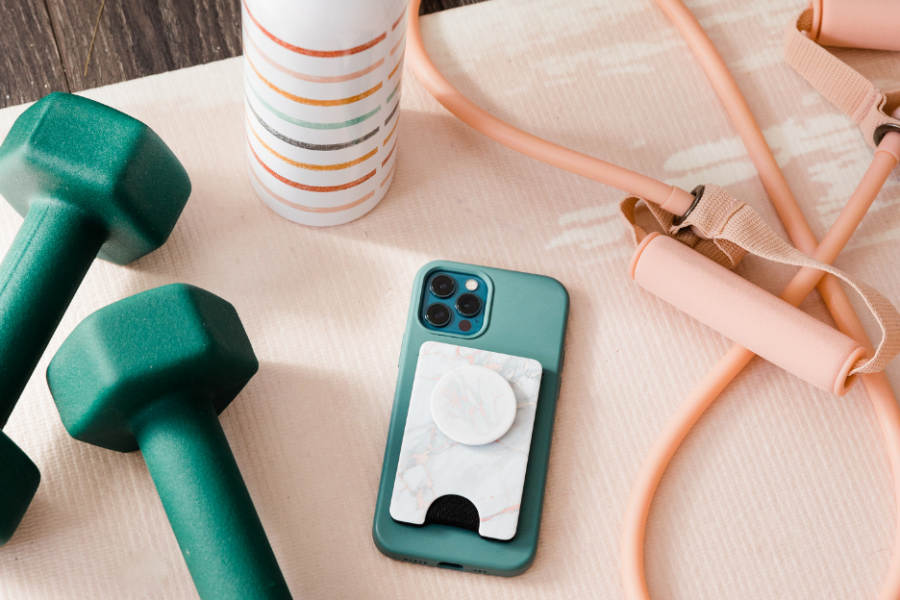EMBRACING THE DIVINE WISDOM IN OUR EVERYDAY LIVES
As Muslim women, our lives often revolve around caring for our families, sometimes to the point where we overlook our own health and well-being. However, maintaining our health is crucial—not just for ourselves but also for our ability to fulfill our roles effectively.
My journey into nutrition began with an interest inherited from my father and was further cultivated during my BSc studies in nutrition. As my understanding of Islam deepened, I realized that the guidance provided by the Quran and Hadith on health and nutrition aligns beautifully with modern scientific research.
This realization has been a profound reminder that the holistic approach of Tibb-e-Nabawi (Prophetic Medicine) offers a timeless path to wellness.
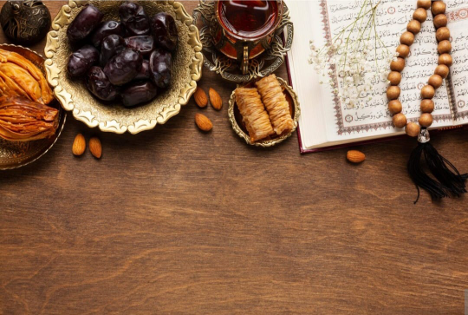
TIBB-E-NABAWI: A DIVINE APPROACH TO HEALTH
Understanding Tibb-e-Nabawi
Tibb-e-Nabawi is not just a collection of remedies; it’s a comprehensive approach to health that the Prophet Muhammad (PBUH) practiced and recommended. This approach emphasizes balance, moderation, and using natural remedies.
Modern science has begun to uncover the incredible benefits of many of the foods and practices mentioned in the Quran and Hadith, validating what has been known in Islamic tradition for centuries.
The Prophet’s Guidance on Moderation
The Prophet Muhammad (PBUH) taught us the importance of moderation in all aspects of life, including our eating habits.
He said:
“The son of Adam does not fill any vessel worse than his stomach. It is sufficient for the son of Adam to eat a few mouthfuls to keep himself alive. If he must fill it, then one-third for his food, one-third for his drink, and one-third for air.” — (Sunan Ibn Majah)
This Hadith is a profound reminder to avoid overeating and maintain a balance between our food and drink. In our modern, fast-paced world, where overeating and unhealthy dietary habits are common, this principle serves as a powerful guide for achieving optimal health.
MY PERSONAL JOURNEY WITH TIBB-E-NABAWI
● Healing IBS with Figs and Olive Oil
For years, I suffered from irritable bowel syndrome (IBS) and struggled to find relief. Then, I turned to a simple remedy from Tibb-e-Nabawi.
I placed dried figs in extra virgin olive oil, left them in a glass container for 15 days, and began eating one fig on an empty stomach every morning. To my amazement, this remedy brought relief and resolved my IBS issues.
Modern science supports the benefits of figs, which are rich in fiber, vitamins, and minerals that support digestive health. Olive oil, a “Quranic elixir,” is packed with monounsaturated fats and antioxidants that aid in reducing inflammation and promoting gut health.
“By the fig and the olive.” — (Quran 95:1)
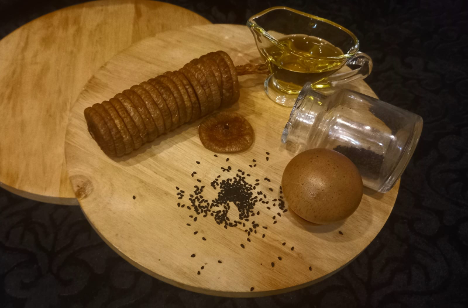
● Boosting Immunity with Pomegranate Juice
Pomegranate, described in the Quran as a fruit of paradise, is a staple in my home. Whenever my kids fall sick, I mix pomegranate juice with water to boost their immunity.
Pomegranates are rich in antioxidants, particularly punicalagins, which have been proven by modern research to help reduce inflammation and improve immune function.
“In them are fruits, and date-palms, and pomegranates, similar (in kind) and different (in taste).” — (Quran 6:99)
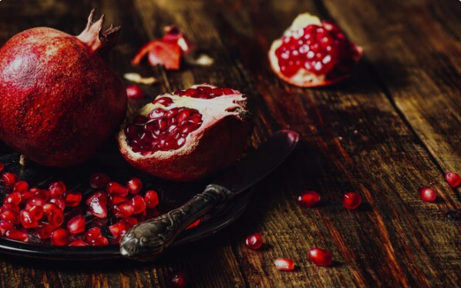
● Combatting Pharyngitis with Qust al-Hindi
For years, I suffered from recurring pharyngitis and tonsillitis, trying countless medications with little success. Then, I discovered the Prophetic remedy Qust al-Hindi (Indian Costus).
The Prophet Muhammad (PBUH) said:
“Use this Indian incense (Qust al-Hindi), for indeed it contains a cure for seven diseases.” — (Sahih al-Bukhari)
I started taking half a teaspoon of this herbal powder with water whenever I felt an onset of infection, and it worked wonders. It’s not just effective for sore throats and coughs but also has antimicrobial properties confirmed by modern studies.
INCORPORATING PROPHETIC FOODS INTO DAILY LIFE
● Honey and Warm Water for Weight Loss
The Quran mentions honey as a healing agent:
“There comes forth from their bellies, a drink of varying color wherein is healing for men.” — (Quran 16:69)
Each morning, I drink a glass of warm water with honey and lemon. This not only helps reduce belly fat but also supports overall metabolism. Modern research supports the health benefits of honey, highlighting its antimicrobial and antioxidant properties.
● Dates: A Daily Dose of Blessings
Dates, especially Ajwa dates, are a staple in my household. They are beloved not only for their taste but also for their profound benefits.
The Prophet Muhammad (PBUH) said,
“He who eats seven Ajwa dates every morning will not be affected by poison or magic on the day he eats them” (Sahih Bukhari).
This daily habit isn’t just a ritual; it has transformed my energy levels. Dates are packed with essential nutrients, including fiber, vitamins, and minerals like potassium. For me, having seven dates in the morning provides a natural source of sustained energy and keeps my digestion in check.
● Switching to Olive Oil for Cooking
I have switched my cooking oil to extra virgin olive oil, inspired by the Quranic mention of the olive:
“And [by] the olive tree.” — (Quran 95:1)
Olive oil is rich in healthy fats and antioxidants. Incorporating it into my diet, whether through cooking or salad dressings, has been transformative. Modern studies consistently show that olive oil reduces the risk of chronic diseases, especially heart disease.
● Hydration with Zamzam Water
Staying hydrated is key to health, and what better way than using the blessed Zamzam water? Though research on Zamzam water is limited, it is believed to have unique properties, including a distinctive mineral composition that contributes to its reputed health benefits.
● Daily Benefits from Black Seeds
The Prophet Muhammad (PBUH) emphasized the healing properties of black seeds:
“Use this black seed regularly, because it has a cure for every disease except death.” — (Sahih al-Bukhari)
I sprinkle black seeds on my fruit salads and use them in various dishes. Modern research has found that black seeds contain thymoquinone, a compound with antioxidant, anti-inflammatory, and immune-boosting properties.
● Apple Cider Vinegar for Skin and Digestion
Apple cider vinegar is not directly mentioned in Islamic tradition, but its health benefits align with the principles of Tibb-e-Nabawi. During pregnancy, I suffered from a skin allergy and found relief by applying apple cider vinegar directly to the affected areas.
It also aids digestion and is known for its potential to lower blood sugar levels, supporting the Prophet’s advice to seek natural remedies.
Reviving Sunnah Practices In Modern Life
In our pursuit of modern lifestyles, we often neglect the simple, natural remedies provided by Allah and recommended by the Prophet Muhammad (PBUH). Tibb-e-Nabawi reminds us that the foods and practices prescribed in Islam are not only spiritually rewarding but also scientifically validated.
As Muslim women, we have a significant role in shaping the health habits of our families and communities. By reviving these Sunnah practices, we can take small yet impactful steps toward a healthier lifestyle.
A Call To Rediscover Our Roots
Islam is a perfect religion that provides guidance for every aspect of life, including our dietary habits. Modern science continues to uncover the benefits of the foods and practices mentioned in the Quran and Hadith, proving the timelessness of Tibb-e-Nabawi. By integrating these Prophetic practices into our lives, we not only enhance our health but also uplift our faith and earn the pleasure of Allah.
As Muslim women, let’s embrace the divine wisdom of Tibb-e-Nabawi. Our health is not just about us; it affects our families, our communities, and our ability to serve Allah effectively. By making small changes in our diet and lifestyle, we can revive the Sunnah, improve our health, and set a positive example for others.
Sisters, it’s time to take a step toward a healthier, more balanced life by reviving the Prophetic traditions in our daily routines. Start incorporating these blessed foods into your diet, practice mindful eating, and witness the transformation in your health and spirituality. Let’s nourish our bodies and souls the way our beloved Prophet (PBUH) taught us, blending faith with modern science for a holistic approach to wellness.
